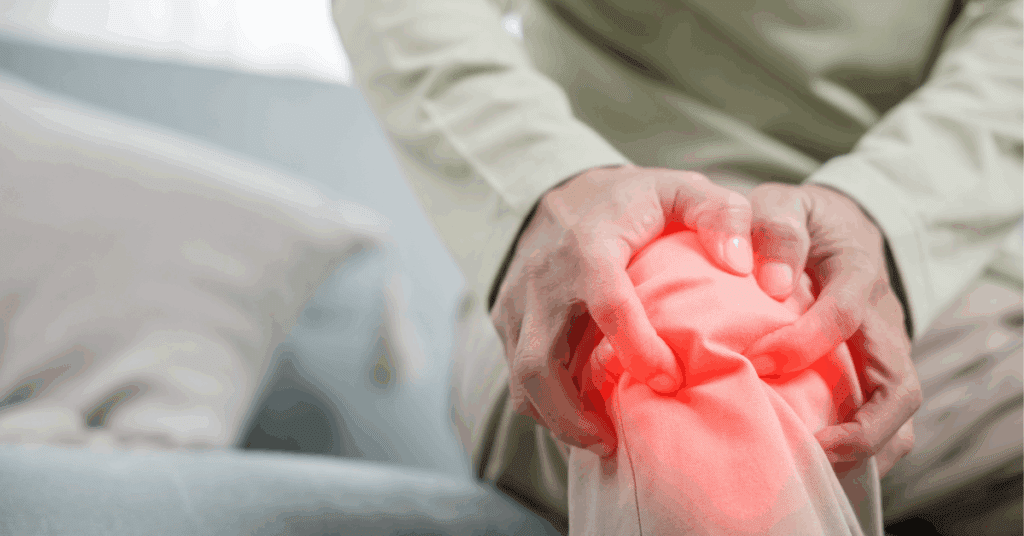FAQs
What is joint stiffness?
Joint stiffness is the sensation of difficulty or limitation in moving a joint, which is frequently accompanied by pain and/or oedema. Even if a person is capable of moving a joint through its complete range of motion with extra energy, it may feel as if it is stuck in place. Stiffness normally goes away with time and is often connected with ageing, although it can also be caused by a variety of other illnesses.
What is the best vitamin for stiff joints?
A person complaining about joint pain and stiffness may benefit from consuming foods rich in vitamin D. Additionally, some research suggests that vitamin C, vitamin E, and certain B vitamins, like B3, B9, and B12, may also play a role in joint health.
How do you reduce joint stiffness?
Joint pain and stiffness all over the body can be reduced with the help of Abhyanga (oil therapy), Swedana (steam therapy), Lepa (herbal paste application), and other therapies mentioned in Ayurveda. Stiff joints in the morning, etc., symptoms should be evaluated further for identifying the root cause and managed accordingly.
What is the main cause of stiffness?
Stiffness of the muscles can be due to dehydration and electrolyte imbalance (especially magnesium). Joint stiffness can arise due to multiple conditions, such as osteoarthritis, rheumatoid arthritis, and old age, etc.
REFERENCES
Newberry C, Lynch K. (2019). The role of diet in the development and management of gastroesophageal reflux disease: why we feel the burn. Journal of Thoracic Disease, 11(Suppl 12):S1594–S1601.

Ovsepian MA et al. (2023). Optimizing the treatment of patients with gastroesophageal reflux disease: focus on nutritional risk factors and nutritional approaches. Medical Council.



